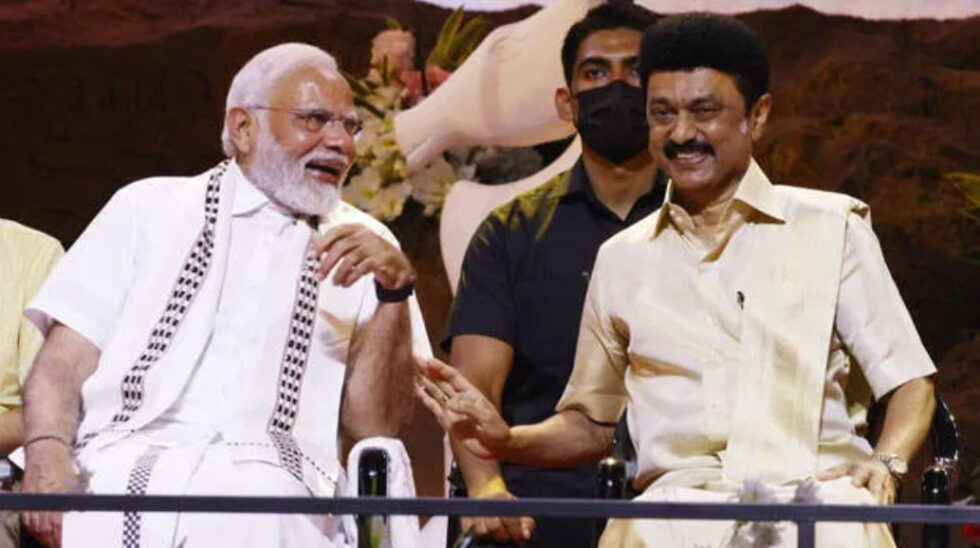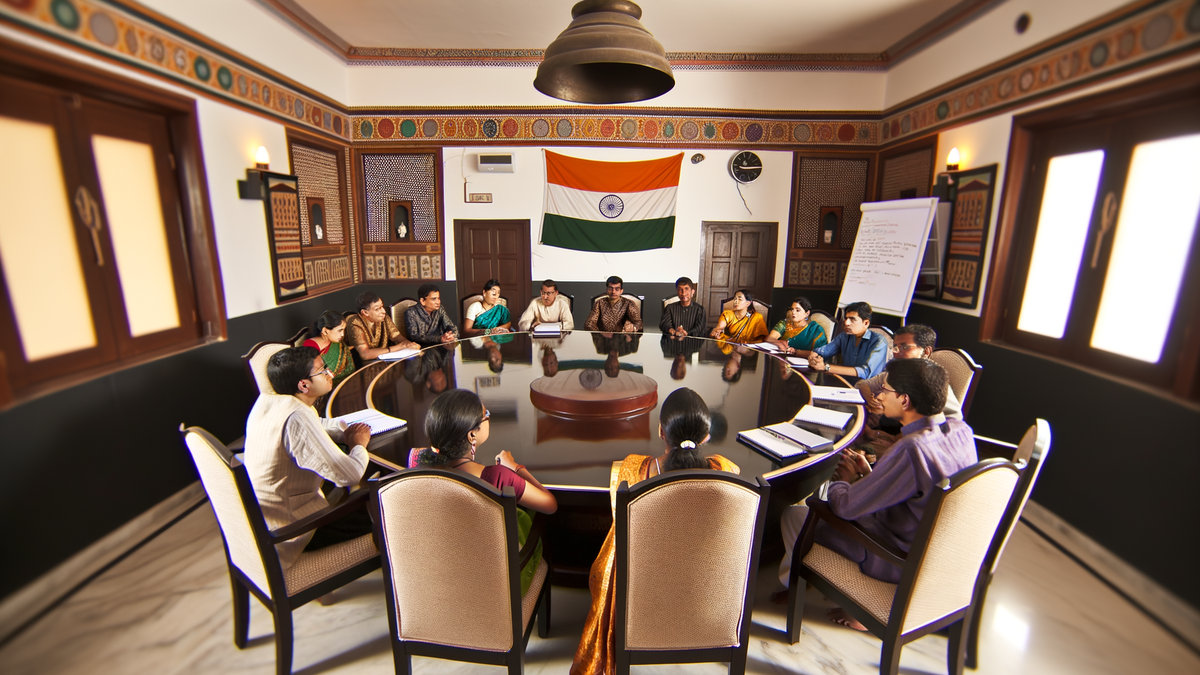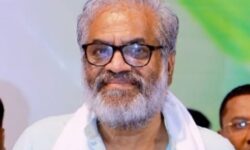
In a move that underscores the delicate balance of international diplomacy and domestic priorities, Prime Minister Narendra Modi has reaffirmed his unwavering allegiance to the Rashtriya Swayamsevak Sangh (RSS), even as India strengthens its diplomatic and economic ties with the United States. This nuanced stance reveals the intricate political dynamics at play, as Modi navigates the expectations of a nationalist base alongside the demands of a global superpower.
The RSS, a right-wing, Hindu nationalist organization, has been the ideological bedrock of Modi’s Bharatiya Janata Party (BJP) and a key player in shaping policy and political discourse in India. Modi’s recent public declarations of loyalty to the RSS come at a time when India’s engagement with the US is particularly robust, marked by collaborative defense agreements, technology partnerships, and dialogues on democratic values. Critics and supporters alike have been keenly watching Modi’s maneuvering between the historical, ideological commitments to the RSS and the pragmatic imperatives of engaging with the United States.
Insiders suggest that Modi’s skillful balancing act signals a refusal to compromise on the RSS’s interests, even while navigating the demands of a complex international relationship. “The Prime Minister’s actions speak to a deep strategic calculus, where the ethos of the RSS and the strategic necessities of India on the global stage are not seen as mutually exclusive,” stated a political analyst. This delicate balancing act is emblematic of the broader ideological and geopolitical dilemmas facing India today.
As the US-India partnership goes from strength to strength, the world watches how Modi’s government will navigate these dual allegiances. The implications for domestic policy, regional stability, and global geopolitics remain to be seen, but what is clear is Modi’s adeptness at walking this tightrope, a testament to his political acumen and India’s intricate position on the world stage.









